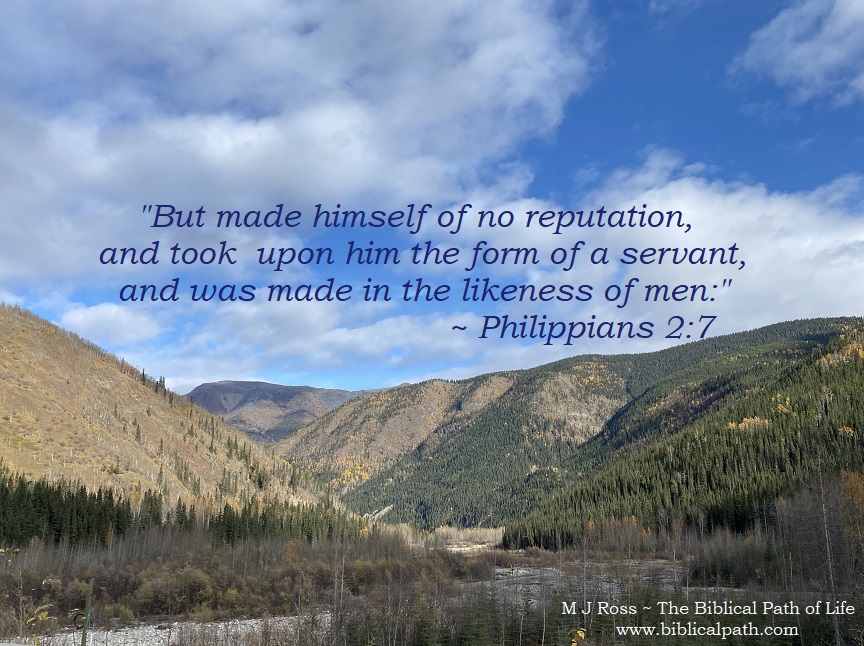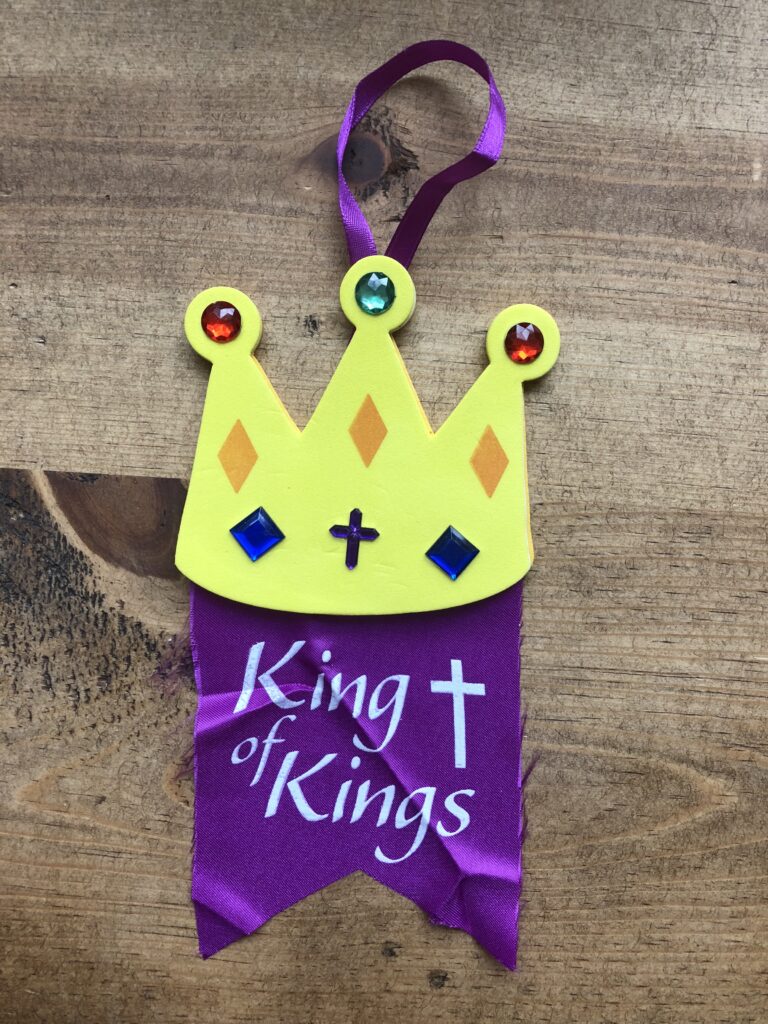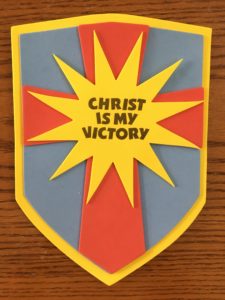
Key Verse
But made himself of no reputation, and took upon him the form of a servant, and was made in the likeness of men:
—Philippians 2:7
Key Verse Thought: Read the Key Verse. We have just completed a look at the life of Jesus here on earth. In this lesson, we will learn of two witnesses who told others about Jesus. One of the witnesses reminded the people that Jesus was the Promised King. The other witness told that Jesus was God’s Promised Servant. In this lesson’s Key Verse, we understand that Jesus came not proclaiming that He was the king, but becoming God’s Servant made in the likeness of men. Because of that obedience, He was revealed as God’s Promised King.
Emphasis: We are to understand that Jesus was the promised King, yet He was God’s Servant. Because Jesus came, fulfilling God’s plan, people have the opportunity to become Christians. It should then be their goal to want to know Jesus better – just as the witnesses, Matthew and Mark, did and were able to become God’s servants by telling others about Jesus. That is what Christians today are to do – become God’s servants telling others about Jesus.
Lesson Summary: Read what Paul understood about Jesus in the following verses. “7. But made himself of no reputation, and took upon him the form of a servant, and was made in the likeness of men: 8. And being found in fashion as a man, he humbled himself, and became obedient unto death, even the death of the cross. 9. Wherefore God also hath highly exalted him, and given him a name which is above every name: 10. That at the name of Jesus every knee should bow, of things in heaven, and things in earth, and things under the earth; 11. And that every tongue should confess that Jesus Christ is Lord, to the glory of God the Father” (Philippians 2:7-11). Paul did not believe in Jesus while He was alive on the earth. It was not until much later – after many witnesses had spread the gospel of Jesus that Paul became a Believer. The previous verses Paul recorded sums up what we will learn about in this lesson.
Matthew understood that God had sent Jesus as the Promised King, and He was a witness to the Jewish people of that fact. We will learn many ways Jesus lived, and taught, as the Promised King.
Mark revealed that Jesus was God’s Servant. Mark wrote primarily to the Romans – people who did not know or understand the promises of God to His people. In the book of Mark, we will learn just the kind of servant Jesus was – constantly on the move ministering to the people.
Most importantly, we are to learn that Jesus will be with witnesses of the gospel, even today.
Y3Q1 – Lesson 12 Questions
Y3Q1 – Lesson 12 Children’s Worksheets
If you are teaching this lesson to children, the following is a craft idea to help them remember what they have learned.

We made a banner with a crown to remind us that Jesus is King of Kings, and Lord of Lords.
Check here to find out more about The Biblical Path of Life, Year Three – Quarter One.









